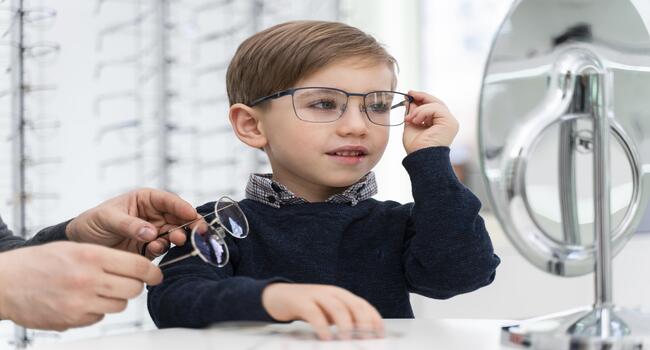
Intermittent exotropia (IXT) is a common eye condition that affects both children and adults. It is characterized by the intermittent outward deviation of one eye while the other eye remains straight. This misalignment can cause double vision and eye strain, leading to discomfort and difficulties in daily activities such as reading and driving.
IXT is caused by a weakness in the eye muscles responsible for controlling eye movement and can be aggravated by factors such as fatigue, illness, and stress. While the condition can improve on its own or with non-surgical treatments such as glasses and eye exercises, some cases may require surgical intervention. Early diagnosis and treatment can help prevent complications and improve visual outcomes. In a clinical trial, researchers evaluated the efficacy of a new algorithm to customize overminus lens (OML) therapy in children with IXT.
Clinical trial
The study included 141 children between the ages of 4 and 15 with IXT. They were randomly assigned to either the OML or the observation group. The observation group was only corrected for significant refractive errors, while the OML group received customized lenses based on their individual physiological factors. The OML power ranged between -1.00D and -6.25D.
The researchers examined the participants' IXT control score, angle of deviation, refraction, axial length, and stereopsis at baseline and follow-up visits between 6 and 15 months. Compliance and tolerance to OML were also assessed through a symptom survey.
Results
The results showed that OML therapy was highly effective in improving distance control, angle of deviation, and stereopsis in children with IXT. The IXT control score improved significantly in the OML group, with a mean difference of -2.5 ± 1.1 (p < 0.001), while the angle of deviation reduced by 6.9 ± 7.2pd (p < 0.001).
